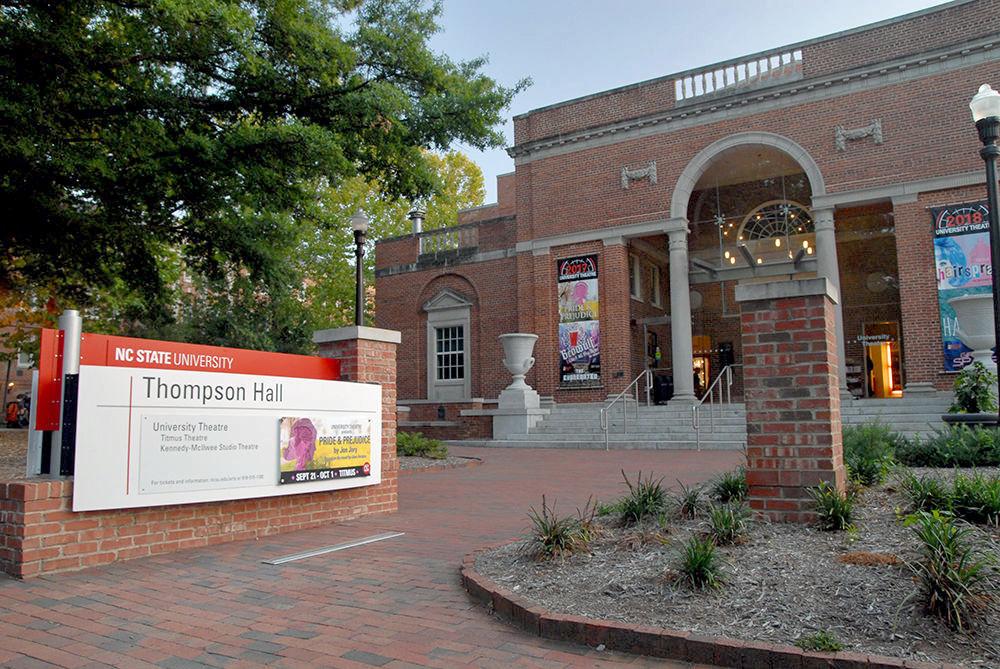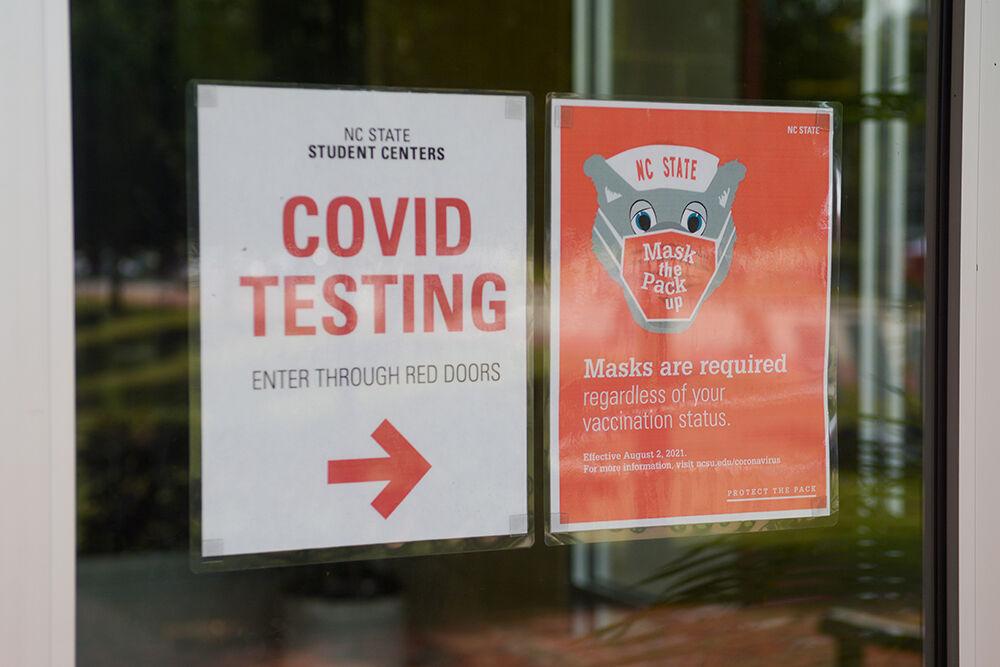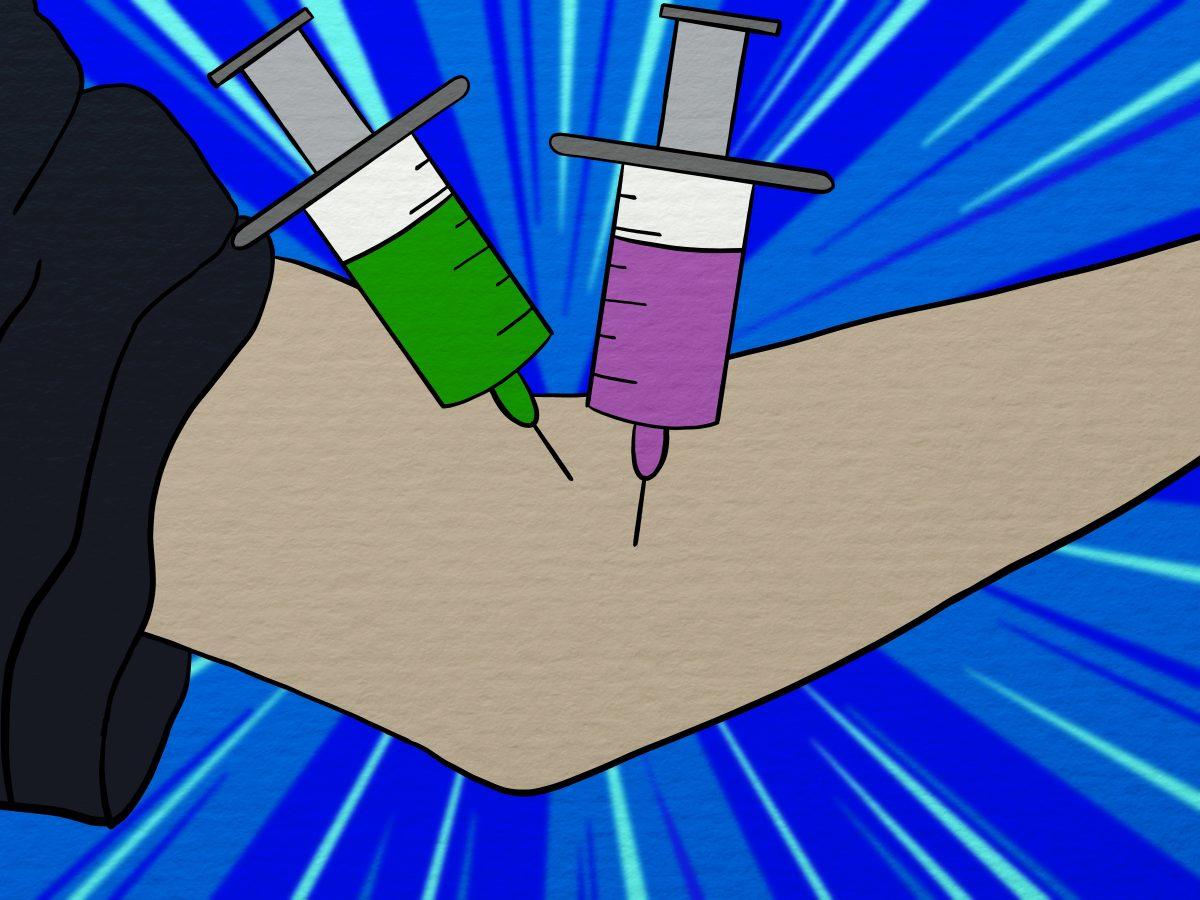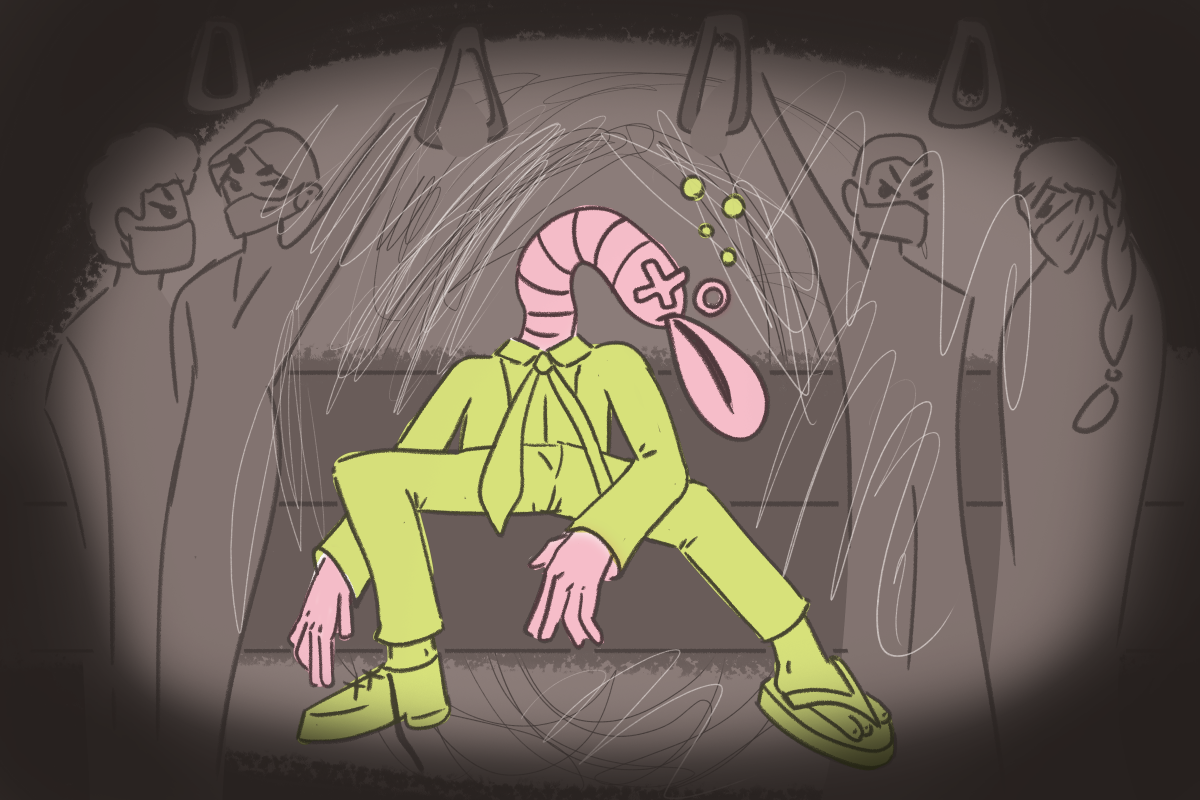It is hard to imagine theatrical productions as anything other than in-person events. Everyone knows the feeling of sitting down and watching a carefully choreographed and expertly executed performance transpire before their eyes. Theatre clearly appears to be an in-person experience, so what happens when the stage, the performers, the audience and everything in between are all taken away? For University Theatre at NC State, the answer is surprisingly cheerful.
Undoubtedly, due to the COVID-19 pandemic, things behind the curtain for University Theatre have changed immensely, according to Rich Holly, executive director for the arts.
“Putting on a theatrical production is often dozens, sometimes more than a hundred, people just to put the production on, but then we bring people to the event,” Holly said. “It’s this community-building thing. With the pandemic, that’s gone. We all have this part of us in the arts. At the very least, we’re doing this for other people, and we know that we have to do it with other people. The notion of that being taken away from us is really kind of shocking.”
When discussing this issue with Joshua Reaves, program director of University Theatre, he stressed the importance of connection in theatre and creating safe and meaningful experiences, especially amid a global pandemic.
For University Theatre, safe and meaningful experiences were found through virtual programming. Right now, nine different virtual programs are scheduled for this fall semester. Two such programs, the Out Loud series and the Strictly Speaking series, have already had great success.
The Out Loud reading series allows students to submit and perform plays to be read on Zoom for an online audience, something that Reaves said would not have been possible before.
The Strictly Speaking series is also breaking new ground, allowing theatre professionals from all over to teach and speak about their work. According to Reaves, outstanding people like voice actor and singer Haley Clair and costume designer Kara Harmon join the virtual meetings and discuss their work with students. Reaves said they are planning even more guests in the future, including a Disney Imagineer and members of the original “Hamilton” cast.
Those are just the programs that have already begun; other events, like the How to Theatre series, will teach essential skills, from sewing to woodworking.
“They (University Theatre) have crafted this incredible list of online opportunities, all the way from ‘If you know nothing, here are some seminars and webinars that you can take advantage of’ to ‘Learn something about costuming or lighting or building a set,’” Holly said.
Both Reaves and Holly encourage students to get involved in theatre and immerse themselves in the unique theatre experiences being offered at NC State this semester.
“We are one of very few universities that have opportunities in the arts for people who have never done it before,” Holly said. “Here, we’re happy to work with anybody, whether they have experience or not.”
While many aspects of theatre are still up in the air, the staff is still excited about what the future holds.
“We are creating community in a new and exciting way,” Holly said. “It’s a great way for people to expand their skill sets, how they think about the world and to get to know themselves through what the art says to them.”
For NC State University Theatre, even as the world changes around us, the show must go on, preferably as safely as possible.
“Like everything in this world right now, we are figuring it out,” Reaves said. “We’re going to do what we can in as safe a way as we can. We don’t have to fit inside our traditional mold of what theatre looks like, what art looks like.”
For more information on University Theatre, their programs and how to get involved visit their website.


















